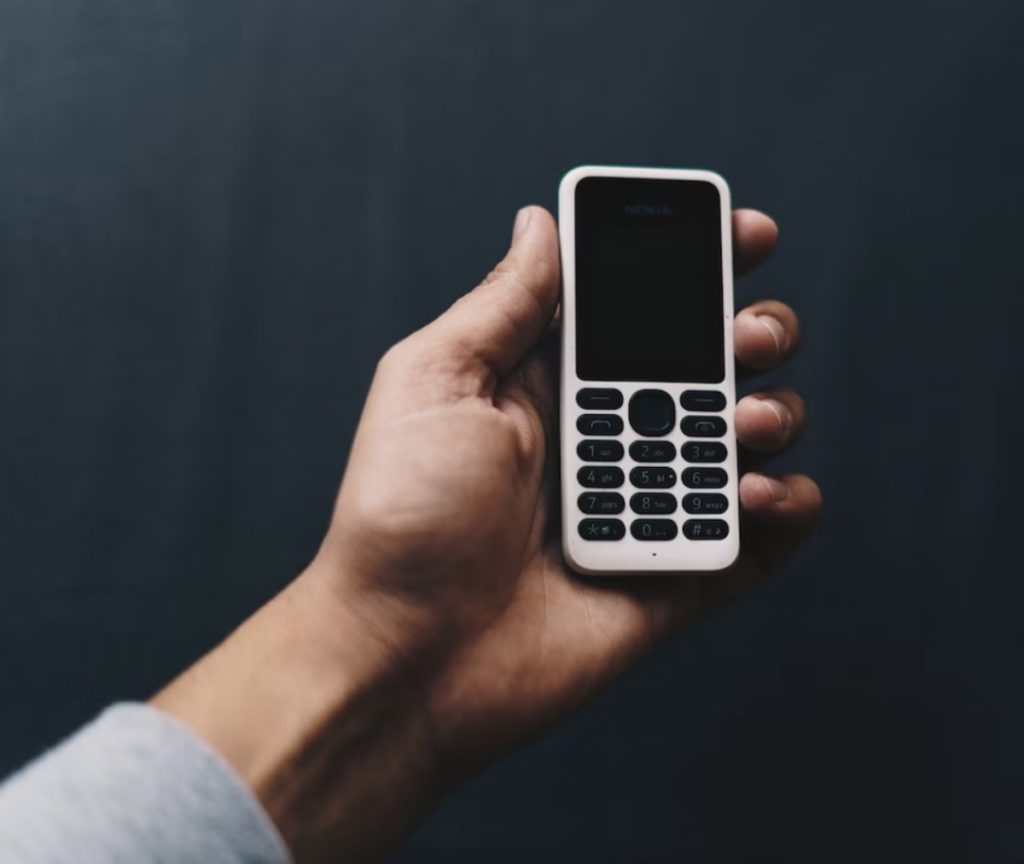The iPhone’s newest competitor may be feature phones. The devices may have seen a resurgence in the US market as Gen Z and millennials are advocating for digital detoxes due to the mental health concerns brought on by smartphones and social media, reports Counterpoint Research.
A feature phone is a mobile phone that can complete basic functions, but does not have all of the capabilities of a smartphone. These phones are usually created with cost-savings in mind and as a result, traditionally have buttons and a smaller display, but still often have location capabilities and internet access.
Hashtags like #bringbackfliphones on TikTok have garnered millions of views leading to the increased adoption of feature phones by younger consumers looking to adhere to movements like digital detoxing, minimalist lifestyles and unplugging, says Counterpoint Research. Given the relatively cheap price point of feature phones ($20-$50 with a prepaid carrier and $50-$100 unlocked), more people are trying out these devices and sharing their experiences on social media.
Counterpoint says the market is more crowded now, TCL and HMD are leading but competition from Schok, Sonim, and white-label makers like Tinno are entering agreements with carriers
Smartphones were widely adopted almost instantly when they arrived. Due to this, the US feature phone market shrank significantly over the past 10 years. Currently, the feature phone market contributes to only a little more than a 2% share of overall handset sales in the US.
Among the players catering to this segment of the market, TCL, which manufactures feature phones for major carriers in both branded and white-label capacities, leads the pack with a 43% share due to its strong presence on carrier channels. HMD ranks second with a 26% share, while other smaller players make up for the rest of the market.
Additionally, carrier and phone manufacturer tie-ups play an important role in the dynamics, notes Counterpoint. The big three US carriers – AT&T, Verizon and T-Mobile – are exploring different feature phone manufacturer options due to which the US feature phone market has grown more crowded lately, especially with carriers moving away from TCL devices and trying out smaller companies instead, like Tinno and FIH which have manufactured devices for AT&T’s white-labeled feature phones.
“Feature phones still hold their place in the market and are likely to see consistent shipments, helped by their affordability and durability to suit specific use cases,” says Counterpoint. “Although the growth in numbers may not be huge, the demand from consumers looking for a feature phone as a digital detox mechanism will continue. Additionally, B2B sales may drive some demand as feature phones simplify costs for businesses. Furthermore, tourists and other consumers needing a cheap disposable feature phone will also continue to keep sales stable.”
Article provided with permission from AppleWorld.Today

